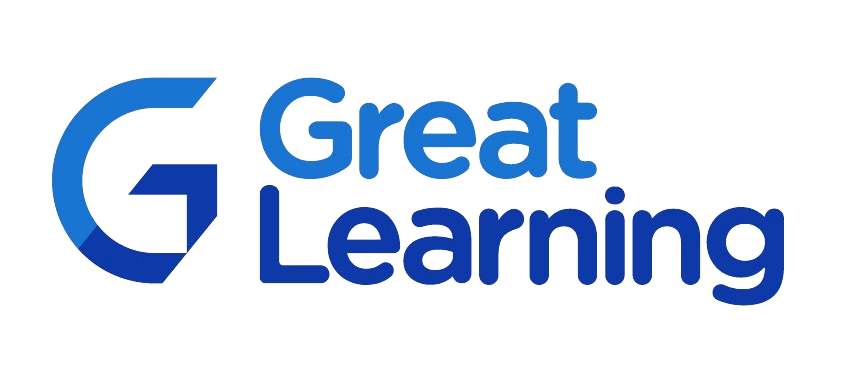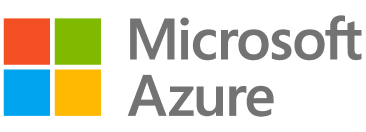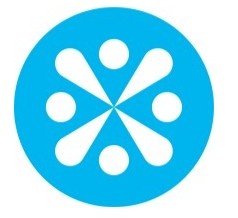Batch of January 0024
| Python Developer
at Infotech
| India
My motivation to join the Online MCA Degree Program at JAIN (Deemed-to-be University) came from a friend’s recommendation, and I’m glad I followed that advice. The curriculum and faculty support were excellent, and the overall experience was smooth and well-organized. I received an offer letter from Infotech. Although I couldn’t accept it due to location constraints, as the role was in Surat and I am based in Bengaluru, the experience gave me confidence and reaffirmed the program’s positive impact on my career.
Batch of January 0023
| Python Developer
at Infotech
| India
My main motivation to join the Online MCA Degree Program at JAIN (Deemed-to-be University) was to complete my post-graduation and continue my academic journey. The program turned out to be highly rewarding, with a well-structured curriculum that gave me a strong understanding of the subject. It had a positive impact on my career and boosted my confidence in applying technical concepts effectively. The interview preparation sessions were particularly valuable; one of my interviews even led to a selection, though I chose not to take up the offer. Overall, it was an enriching and truly helpful experience.
Batch of May 2022
| maintenance engineer
at sheet shapers india pvt ltd
| india
My experience with Great Learning was excellent. I highly recommend this program as it provides comprehensive knowledge and support that can help you excel in your career. Great Learning is known for its brand and quality content, making it the perfect choice for anyone seeking a career transition or looking for better job opportunities. I would definitely recommend this program to all my friends and family.
Program : Advanced Certificate Program in Full Stack Software Development
See all Reviews of
this program
![arrow icon]()
Batch of April 2022
| software engineer
at tech mahindra
| india
I took up this program as I wanted to change my career path and learn adequate skills. Great Learning is a powerful learning platform. The program material is extremely helpful in upskilling, and the support they gave for helping us crack an interview is remarkable. The program is self-paced and is the right choice for anyone who wants to have a career transition or restart their career in a new domain.
Program : IIITH-PGCSS-Accelerated Learning
See all Reviews of
this program
![arrow icon]()
Batch of July 2021
| senior software engineer
at icertis
| india
The program has a well-structured curriculum to explain concepts from ground level to advanced. The method of delivery is very professional. Faculties are knowledgeable and helpful. Our Program Manager ensured we were on track and helped us round the clock with queries. Our mentor made difficult concepts seem easy through hands-on practice. The program permits experience-based learning and interaction. The program material is comprehensive and additional material is provided to cover interest areas. The labs provide ample practical exposure. It has been a Great Learning experience.
Program : Advanced Certificate Program in Full Stack Software Development
See all Reviews of
this program
![arrow icon]()
Batch of November 2021
| software engineer
at infinite
| india
I used to work as a Website Developer. I had 2 years of work experience but felt stuck in my previous job, so I wanted to update my skill set and I came to know about Great Learning and IIT Roorkee's Full Stack Development course. I joined the course and was really impressed by the curriculum and most importantly the way everyone goes above and beyond to make sure I understood the material. They even provided extra material when I had doubts and helped me prepare for interviews. It's a 10-month course but after 2 months itself, I felt confident enough to attend interviews. Within 1 month I got job offers from multiple companies. They arranged a mentor session to help me choose a job that would be beneficial for me and I joined Infinite Computer Solution with a more than 100% salary hike. So I really want to thank Great Learning for making me a better coder.
Program : Advanced Certificate Program in Full Stack Software Development
See all Reviews of
this program
![arrow icon]()
Batch of November 2021
| associate software engineer
at accenture in india
| india
I gained a lot of technical and practical skills as I worked on industry-level projects in various domains. This not only enhanced my skill set but also got me an amazing job at Indegene. The program provided me with a lot of quality learning material which helped me grasp concepts faster. It also taught me to be disciplined, structured and professional in my approach to completing all assignments. I'm really grateful for the guidance and support from the faculty members, the support team, and my mentors during my placement journey!
Program : Advanced Certificate Program in Full Stack Software Development
See all Reviews of
this program
![arrow icon]()
Batch of March 2021
| machine learning scientist
at dhiomics analytics solutions
| india
The course content given by the professors of IIIT-Hyderabad and Great Learning faculties is very good. Every weekend, mentors take care of clearing the doubts and explaining how the learnings get applied in the industry. Projects at the end of every module, helped me apply my new skills in a more practical way. Within three months of completing the course, I got placed in DhiOmics Analytics Solutions Private Limited as a Machine Learning Scientist. Finally, I would like to thank all the faculty members of Great Learning for supporting me throughout the program.
Program : IIITH-PGCSS-Accelerated Learning
See all Reviews of
this program
![arrow icon]()
Batch of October 2021
| director of engineering
at elphasecure
| india
I had joined a program on loT, Cloud and Blockchain by Great Learning. And, here are some of the best things about the program. It is well curated and helped me understand concepts in a practical way. The projects that I work on were interesting and the mentor sessions were really useful in understanding concepts. Special thanks to the Program Manager who helped me throughout my learning journey.
Program : IIT Madras: Advanced Certification in Software Engineering for Cloud, Blockchain & IoT
See all Reviews of
this program
![arrow icon]()
Batch of May 2022
| engineer
at larsen&toubro infotech
| india
I started my career as a civil engineer, but was passionate about data and challenges in the Data Science domain. I learnt all the desired skills with Great Learning. It was fast paced, well -structured and the faculty delivered complex concepts in a way that was easy to understand. It was great, starting from the resume preparation, technical mentoring, soft skills development everything in between!
Program : Advanced Certificate Program in Full Stack Software Development
See all Reviews of
this program
![arrow icon]()










































